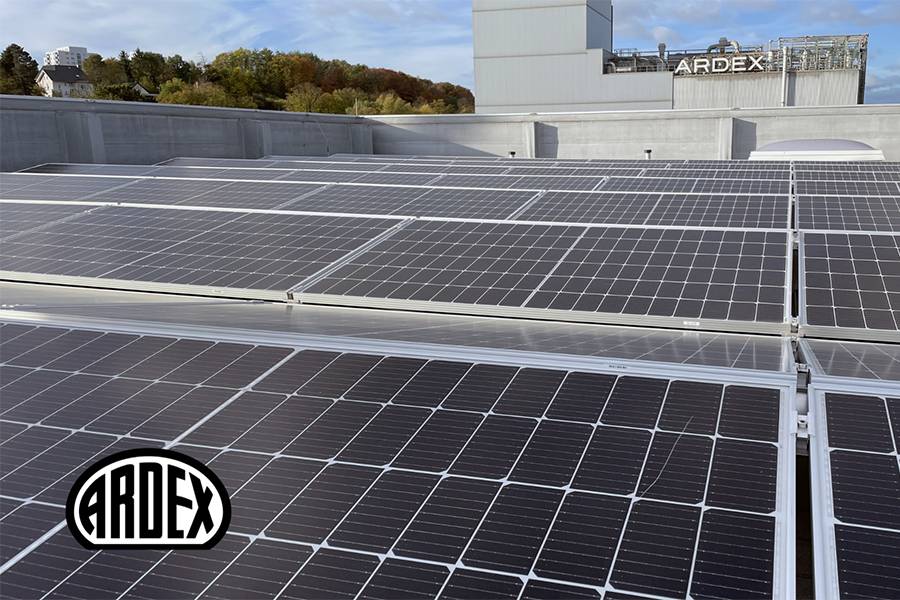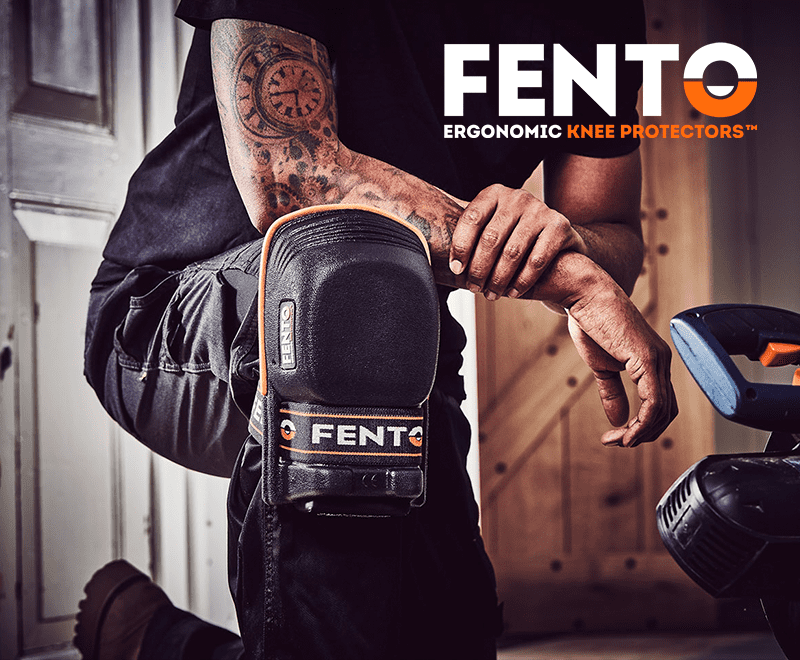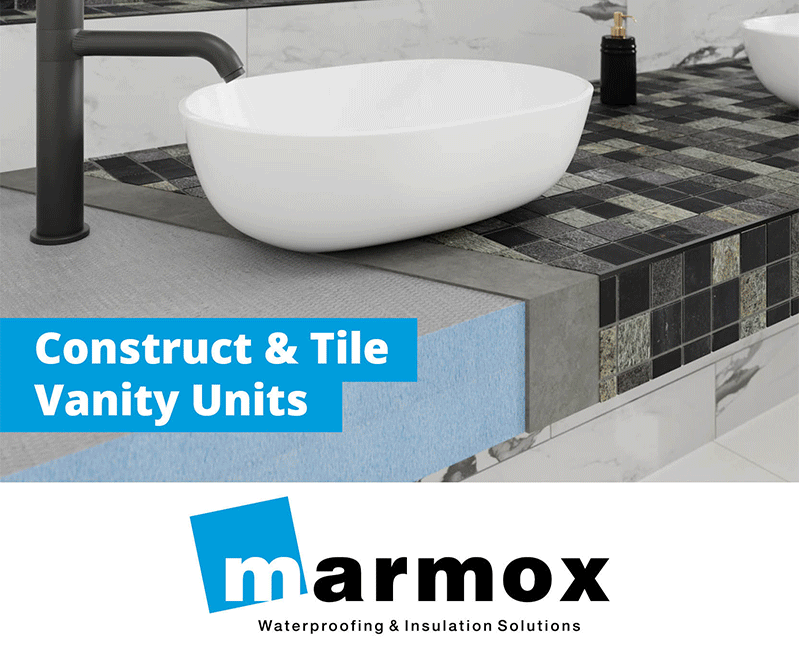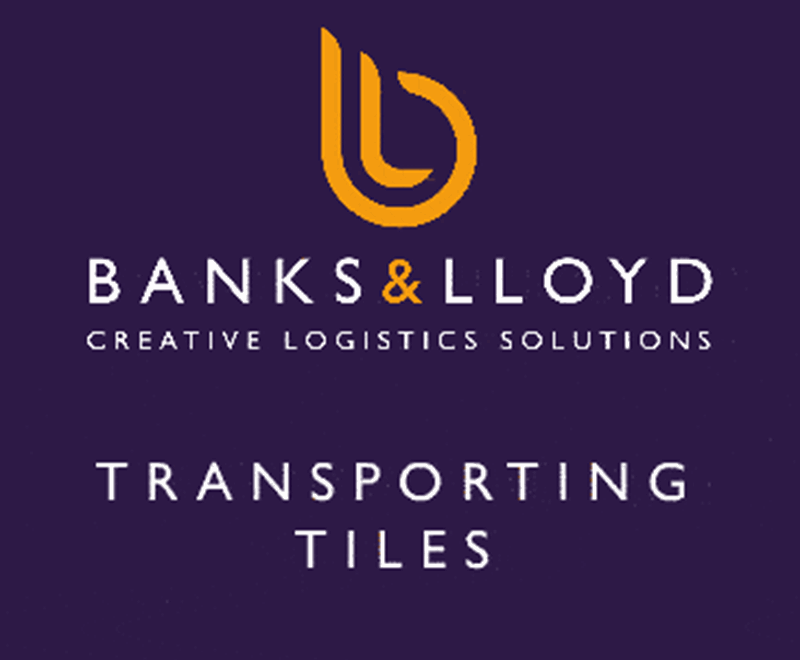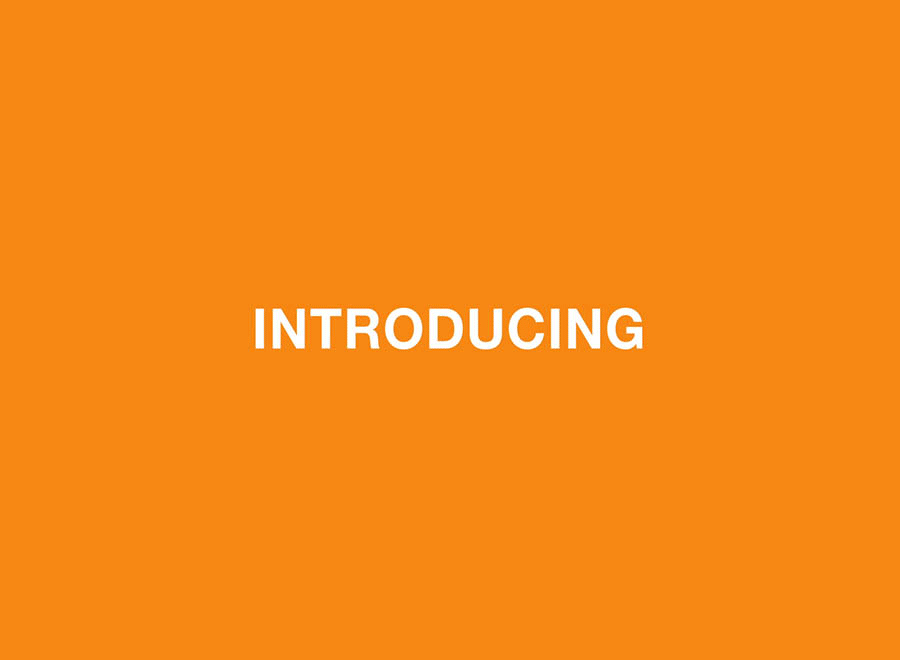From material sourcing, through to product launch, sustainability is key focus for the ARDEX Group UK in all its processes.
The group, through its UK brands including BAL and ARDEX, has a core objective to reduce its impact on the environment in an evolving market-place through sustainable sourcing of materials, recycling, and waste reduction. Ultimately, the group’s aim is to be carbon neutral by 2040 through a series of initiatives (and carbon neutral for Scope-1 & 2 by 2030).
So far…
In the group’s manufacturing, 100% of electricity used on site comes from renewable sources thanks to a partnership with a leading energy supplier. The company has also installed EV charging points at both of its UK plants and is introducing electric or renewable fuel company vehicles. It has nearly completed the process of converting all its diesel forklifts to electric, and uses energy efficient LED lighting in its warehouses, reportedly saving more than 45,500kwh a year. Its waste management system is accredited by CS Certified Sustainable.
ARDEX Group products are said to reduce lifetime build costs thanks to longer guaranteed lifetimes, and they aim to reduce waste for end users through longer working times. The company’s product development programme is focused around high-yield and lower cement consumption materials, and 3% of all its raw materials come from recycled sources. Some of its new products have been developed with a high amount of recycled raw materials – BAL Micromax3 ECO Grout contains more than 25%. Furthermore, 100% of the cement used in the group’s products is sourced from the UK or EU.
The use of “virgin” plastics in the group’s packaging has been deliberately limited, with 56% of all plastic buckets and bottles across the range now produced using post-consumer recycled plastics (PCR). A further 99% of the pallets used in the company’s deliveries are second-hand, while it is also trialling the use of plastic reusable and trackable pallets.
The ARDEX Group UK holds EPDs (Environmental Product Declarations) on all its products – to report on the environmental impacts of its products in an ultra-transparent way. It’s working towards full EN standard approval with BREEAM, with products previously tested to LEED protocols. Core products have EMICODE approval, with the rest in the process of certification. The company’s BAL Micromax3 ECO grout reached EC1 Plus designation – described as the best rating for low emissions.
The group is also accredited with various standards including BSI ISO 14001:2015 Environmental Management and BSI ISO 14064-1: 2006 Greenhouse Gas Verification. ARDEX says it’s one of the first manufacturers in the industry to achieve ISO 14064:1 (otherwise known as CEMARS) for the quantifying and reporting of Greenhouse Gas (GHG) emissions and removals.
David Shephard, ARDEX Group UK operations director and sustainability lead, said: “The key to our reduction commitment must be honesty and transparency, which is why it is important to achieve independent and impartial verification through established and recognised accreditation. The standard and its tools have become an integral aspect in us delivering upon our promises to reduce emissions and meeting our targets.”
Carbon Neutral 2040
The ARDEX Group UK has several initiatives it aims to implement to hit the target of being carbon neutral by 2040. These include installing solar panels to generate electricity, achieving zero waste to landfill, reducing plastic use by 40%, a 10% cement substitution across the range, and ensuring all company cars are electric or carbon neutral.
In addition to its in-house sustainability program, the UK group also supports external environmental groups with BAL’s charitable partnership with Cool Earth – a charity which works alongside rainforest communities to halt deforestation and its impacts on climate change. Building Adhesives is committed to saving over 80 acres of endangered rainforest in the Peruvian Amazon every year.
www.ardex.com
